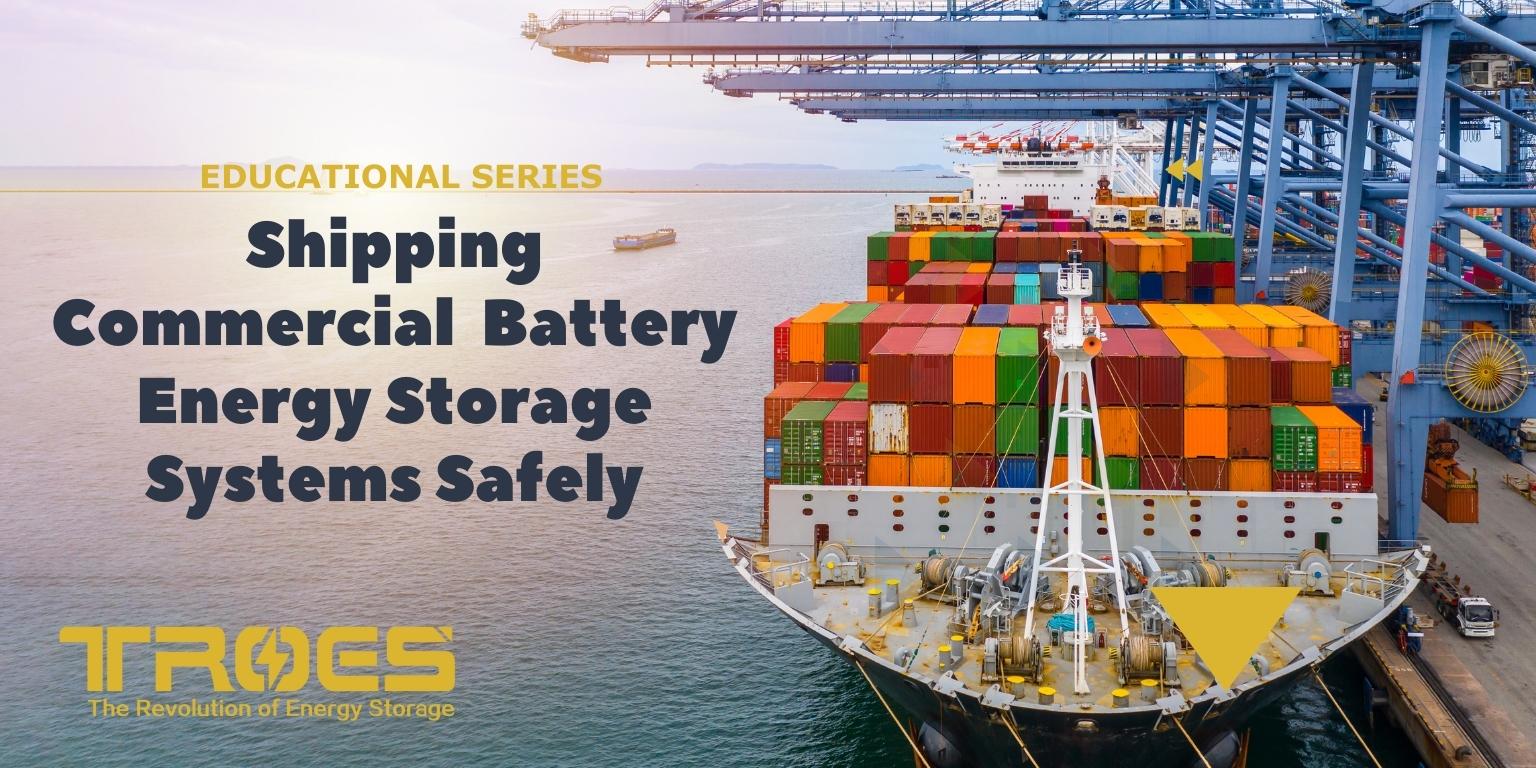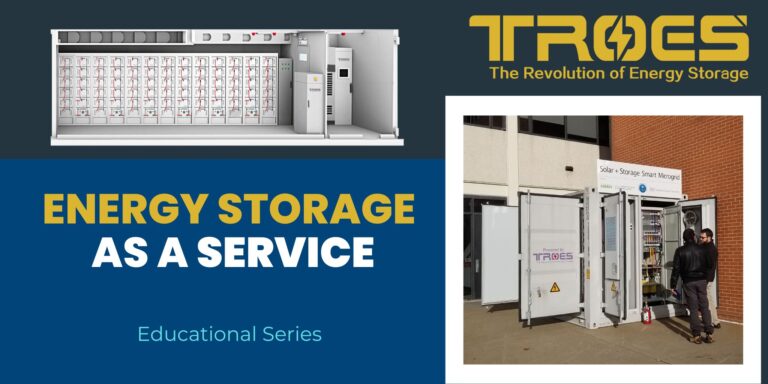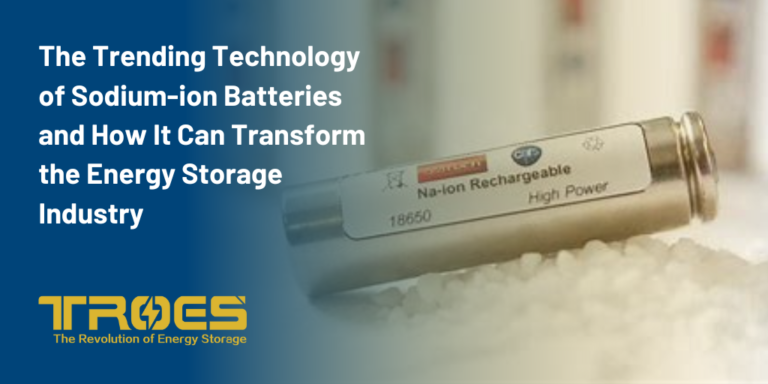Shipping Commercial Battery Energy Storage Systems Safely

The transportation of a Battery Energy Storage System (BESS) is one of the most important–but widely disregarded–steps for the completion of the project. Lithium-Ion Phosphate batteries (LFP) are designed to provide high amounts of power, but they can produce high amounts of heat that cause fires.
For this reason, they are listed as Class 9 Miscellaneous hazardous batteries in the U.S. Shipping the LFP based BESS unsafely might cause economic losses, damage of the equipment, or even casualties. Shipping the LFP based BESS safely could be achieved in following below aspects.
Battery Testing – DOT/UN 38.3
Lithium batteries contain metal lithium in their chemistry, which could offer extremely high-energy density and a low self-discharge rate. Unfortunately, this metal is very unstable and reactive. During the transportation, short circuit or damage of the battery packs could cause the lithium battery to vent hot gases that were dangerous or build up these gases to the point where the battery pack would explode or burst into flames, which is known as the thermal runaway. Therefore, unlike other types of batteries, battery packs consisting Lithium Metal or Lithium Ion must undergo testing to ensure that the batteries do not create hazards to the general public during transportation.
The DOT/UN 38.3 testing is performed specifically for all lithium batteries that are being transported. This testing standard follows the United Nations (UN) Manual of Tests as well as the United States Department of Transportation (DOT) regulations. Not only is the DOT/UN 38.3 a requirement in the United States or North America, but it has also been adopted as an international standard since the transport of lithium batteries may cross international waters and boundaries.
The complete DOT/UN38.3 consists of 8 tests, includes: Altitude Simulation, Thermal Test, Vibration Test, Shock Test, External Short Circuit Test, Impact Test, Overcharge Test, and Forced Discharge Test. Battery test certification must be renewed for certain circumstances, such as the battery design or product design becomes changed before the final shipping process.
The UN38.3 testing is necessary if the battery need to be shipped within or across the border, including by air, sea and land. And it would be used by every transportation node as a proof that the battery can be safely transported.
Transporting Material – Material Safety Data Sheet (MSDS)
A material safety data sheet (MSDS), or known as Safety Dada Sheet (SDS) in China and Europe, is a technical document which provides detailed and comprehensive information on a controlled product related to:
- health effects of exposure to the product
- hazard evaluation related to the product’s handling, storage or use
- measure to protect workers at risk of exposure
- emergency procedures.
The MSDS is required by most of the dangerous goods transportation firms to properly manage and control the risk during the transportation. Please note that MSDS is not only required by batteries when shipping a BESS, but the other components of BESS including enclosure, battery cells, packs, and racks.
Battery Specific Packaging
The most important thing needs to be considered in lithium-based batteries transportation packaging is to prevent short circuits. To accomplish this, the battery should be placed individually in a plastic bag and place a non-conductive tape on the terminals. Another important thing is to prevent the batteries from vibration and shock. Normally adopted method is to place some cushion in between the batteries before placing them in a box.
Certification for Safe Transportation of Goods
Certification for Safe Transportation of Goods is a simplification of the MSDS. Certification for Safe Transportation of Goods is to make appraisal and suggestions on the safety of cargo transportation in accordance with regulations and standards related to the transportation of dangerous goods. For LFP based BESS transportation the certification will make appraisal for the UN 38.3 testing and battery packaging. The certification includes four modes of transportation, including sea, air, road, and railway. Due to the different criteria for determining various modes of transportation, each report only displays the determination result of one mode of transportation.
Longevity
As per recent research, LFP batteries have a longer lifespan than NMC batteries. Tests were performed at the Sandia National Laboratories on commercial Lithium-ion chemistry batteries and compared the discharge rate, depth of discharge (DOD), environment temperature, capacity and discharge energy retention, as well as the round-trip efficiency were compared. The results published describe LFP cells exhibiting higher cycle lifetime across all conditions tested among all lithium-based chemistries. Both chemistries prove to be successful when it comes to battery lifecycle.






